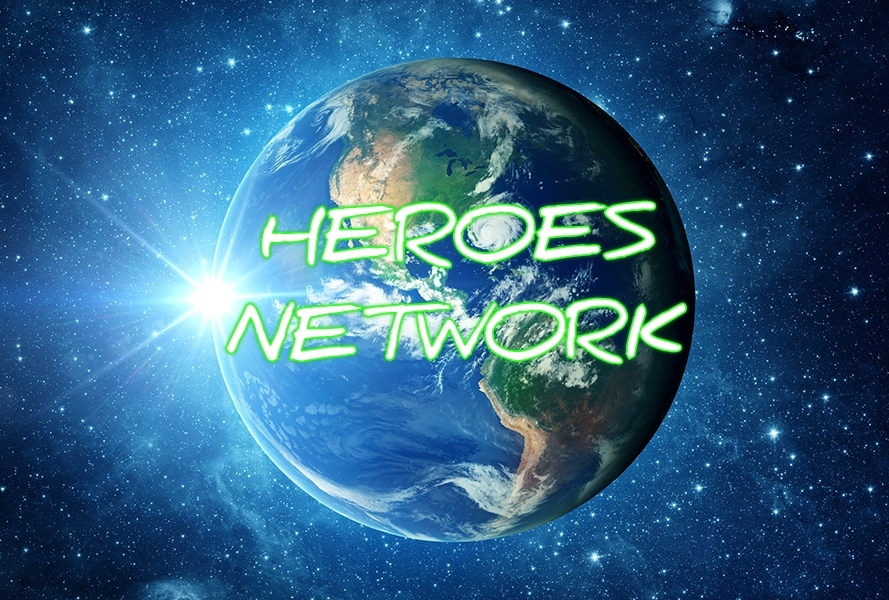NBC - Ah summer, and its sweltering temperatures. We get hot, we get cranky and many times, we squabble – sometimes over minor matters like what kind of hot dogs we should throw on the grill for our Memorial Day barbecue.
Now researchers have discovered that chilling out – literally, like with a cold glass of ice water – may be the key to coming around to someone else's point of view.
A study published in the June 2013 issue of the Dutch psychological journal Acta Psychologica examined the ability of temperature to influence a person's tendency to take another's perspective. Cooler temperatures, the study suggests, make us more vulnerable to such influences.
An important element of perspective-taking, says lead author Claudia Sassenrath, is something called "egocentric anchoring," or remaining rooted in one's own biased opinion on an issue.
"When trying to infer or understand another person's perspective, we start by asking ourselves, ‘How would I feel, and what would I think in that situation'?" says Sassenrathm of the University of Ulm in Germany. Reducing egocentric anchoring is critical, she says, to adopting another's point of view – which is where the cold water comes in.
Researchers conducted two experiments. In the first one, 81 participants were given a paper cup containing either cold water (68° F, or 20° C) or warm water (104° F, or 40° C). They were then questioned about the cup's shape, features, and functions, designed to distract them from the temperature of the liquid inside.
After "product evaluation," participants ditched the cup and read three short stories about a fictional character involved in different social situations.
In one story, a man was encouraged to see an excellent movie by his two friends. When he saw the movie, however, he was less than impressed. In a strange twist, he e-mailed his friends to tell them how much he enjoyed the film. Participants were asked whether or not they believed the man was joking, and whether his friends would interpret the e-mail message seriously.
Participants who had previously held the cold-water cup were much more likely to take the perspective of the e-mail recipients, believing the man to be truthful about his enjoyment of the movie despite knowing the backstory. Participants who'd held the warm-water cup more frequently assumed that the friends realized he was joking.
In a second experiment, participants again received either cold or warm water. After assessing the cup, they read a story about a girl who lost an object and couldn't find it. Those with cold water were more likely to take the perspective of the girl, understanding that she did not know where the object was.
Sassenrath reasons that exposure to cooler temperatures reduces the influence of egocentric anchoring, making one more willing to adopt another's perspective on an issue.
"If we start by asking ourselves how we would have felt in the situation and then acknowledge potential differences between [ourselves], then our perspective-taking judgment is less egocentrically-based."
But what about colder temperatures allows us to do this?
Previous work suggests that physical coldness is associated with perceiving a kind of "social distance" between oneself and others, although the reasoning behind this is not entirely clear. In this case, the distant feelings induced by a cold drink perhaps encourage us to let our guards down and take another's perspective in order to close this gap.
Notably, this study examined perspective-taking between an individual and a fictitious character. But what about somebody closer, like a family member or friend?
The notion of egocentric anchoring may not apply in this situation, explains Sassenrath. "The answer to the question of how I would have felt in that situation pretty much reflects how my friend might have felt in that situation, since we share a lot."
But there are other situations in which these findings could prove useful.
For instance, if you're thinking about crashing a Memorial Day barbecue this weekend, you may want to fill up your ice chest with plenty of cold beverages first.
http://www.wrcbtv.com/story/22430896/study-says-chilling-out-literally-may-help-us-see-eye-to-eye-with-others





